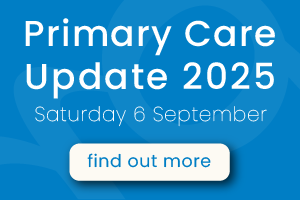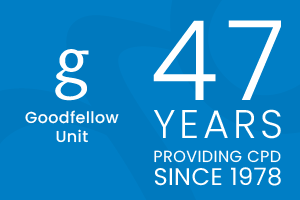Atrial fibrillation (AF) is a common heart rhythm condition and a major risk factor for cardiovascular disease complications including stroke. People with AF are five times more likely to have a stroke, more likely to die, develop heart failure, cognitive decline, depression and poor quality of life. Both the prevalence of AF and the risk of stroke are significantly higher for Māori and Pacific People and affect them at younger age.
Up to 40% of patients at high risk of a future stroke are not treated with oral anticoagulants as recommended by guidelines.
The Northern Regional Stroke Network and Northern Regional Cardiac Network have been working with primary care to make the identification and risk assessment of patients with AF easier.
In this webinar, our panel will present the recently revised Health Pathway and the quality improvement tools developed for the major primary patient management systems. They will discuss how primary care can be supported to identify, risk assess and reduce stroke risk and improve outcomes for patients with this condition.
Presenters:
- Alan Davis, Stroke Physician Northland DHB, Chair - National Stroke Network and Clinical Advisor – Ministry of Health.
- Mayanna Lund, Cardiologist Counties Manukau Health, Chair - Northern Region Cardiac Network and Chair - NZ Committee of CSANZ.
- Jim Kriechbaum, General Practitioner and Primary Care Director - Cardiovascular, Adult Medicine, Community and Long Term Conditions Directorate, Auckland DHB.


